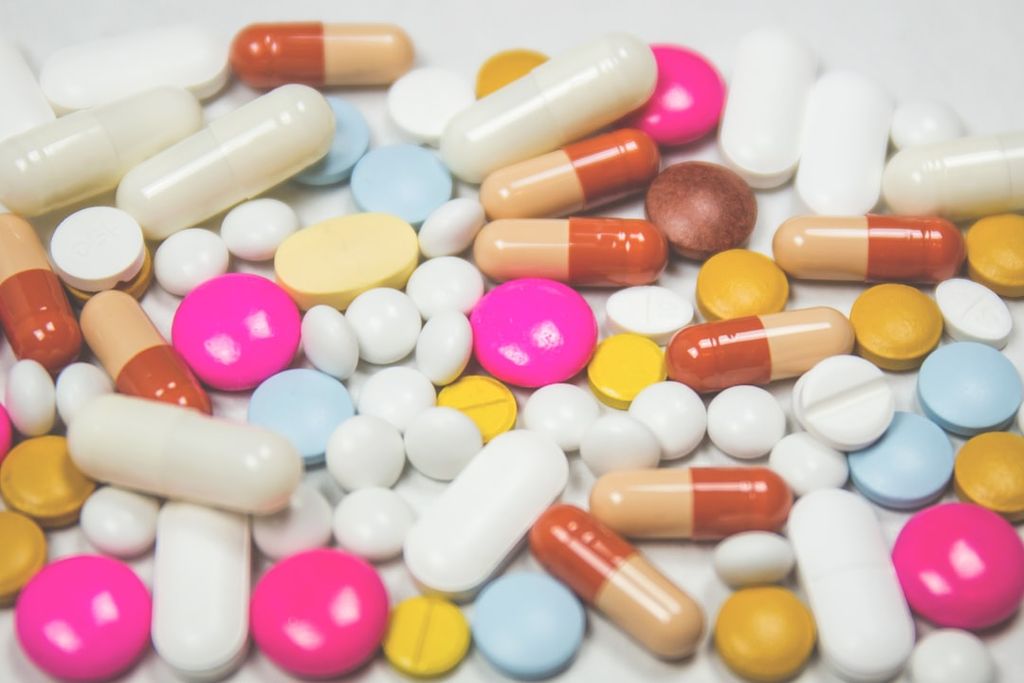The pharmaceutical industry plays a crucial role in global trade, and the export of pharmaceutical products is a significant contributor to the economy of many countries. However, the US-Singapore trade relationship faces several challenges and dilemmas when it comes to pharmaceutical exports. This article explores the impact of trade policies on pharmaceutical exports and the role of government support in promoting this sector.
Key Takeaways
- Intellectual property rights play a crucial role in pharmaceutical trade, affecting market access and pricing.
- Regulatory harmonization is a major challenge in pharmaceutical exports, as different countries have varying regulations and standards.
- Trade barriers, such as tariffs and quotas, can hinder market access for pharmaceutical products.
- Government investment incentives and tax policies can encourage pharmaceutical companies to export their products.
- Research and development funding is essential for innovation in the pharmaceutical industry and boosting export capabilities.
The Impact of Trade Policies on Pharmaceutical Exports
The Role of Intellectual Property Rights in Pharmaceutical Trade
Intellectual property rights play a crucial role in the pharmaceutical trade. They provide legal protection for innovative drugs and ensure that companies can recoup their investments in research and development. However, there are challenges associated with intellectual property rights that can impact pharmaceutical exports.
Challenges in Regulatory Harmonization
Regulatory harmonization in pharmaceutical trade poses several challenges that need to be addressed. These challenges include:
Trade Barriers and Market Access Issues
Trade barriers and market access issues pose significant challenges for pharmaceutical exports. These barriers can hinder the distribution of pharmaceutical products to international markets, limiting the reach and potential revenue for pharmaceutical companies. It is crucial for governments and industry stakeholders to address these barriers and work towards creating a more open and accessible global market for pharmaceutical trade.
The Role of Government Support in Promoting Pharmaceutical Exports
Investment Incentives and Tax Policies
Government support plays a crucial role in promoting pharmaceutical exports. Investment incentives and tax policies are key factors that influence the growth of the industry. These measures encourage companies to invest in research and development, leading to innovation and the development of new drugs. By providing tax incentives, governments can attract foreign pharmaceutical companies to establish their operations in the country, boosting exports and creating job opportunities. Additionally, investment incentives can help local pharmaceutical companies expand their production capacity and improve competitiveness in the global market.
Research and Development Funding
Research and development (R&D) funding plays a crucial role in promoting pharmaceutical exports. It enables companies to innovate and develop new drugs, ensuring their competitiveness in the global market. R&D funding supports the discovery of breakthrough treatments and the improvement of existing medications. It also facilitates the development of advanced manufacturing processes and technologies. By investing in R&D, governments can foster a thriving pharmaceutical industry that contributes to economic growth and improves public health.
Export Promotion Programs
Export promotion programs play a crucial role in supporting and expanding pharmaceutical exports. These programs are designed to incentivize companies to explore new markets and increase their international presence. By providing financial assistance, market intelligence, and networking opportunities, export promotion programs help pharmaceutical companies navigate the complexities of global commerce.
The Role of Government Support in Promoting Pharmaceutical Exports is a crucial aspect of the pharmaceutical industry. Government support plays a significant role in boosting the export of pharmaceutical products, ensuring their competitiveness in the global market. Through various initiatives, such as financial assistance, tax incentives, and regulatory support, governments can create an enabling environment for pharmaceutical companies to expand their export capabilities. This support not only benefits the pharmaceutical industry but also contributes to the overall economic growth of the country. To learn more about how government support can help promote pharmaceutical exports, visit Debt Collectors International – Debt Collections Made Simple.
Frequently Asked Questions
What are the main trade policies affecting pharmaceutical exports?
The main trade policies affecting pharmaceutical exports include intellectual property rights, regulatory harmonization, and trade barriers.
How do intellectual property rights impact pharmaceutical trade?
Intellectual property rights play a crucial role in pharmaceutical trade by protecting patents, trademarks, and copyrights, which incentivize innovation and ensure fair competition.
What are the challenges in regulatory harmonization for pharmaceutical exports?
Regulatory harmonization refers to the process of aligning regulations and standards across different countries. Challenges in regulatory harmonization for pharmaceutical exports include differences in approval processes, labeling requirements, and quality standards.
What are trade barriers and market access issues in pharmaceutical exports?
Trade barriers and market access issues in pharmaceutical exports refer to obstacles that hinder the entry of pharmaceutical products into foreign markets. Examples include tariffs, quotas, and non-tariff barriers such as regulatory restrictions.
What government support is available to promote pharmaceutical exports?
Government support to promote pharmaceutical exports includes investment incentives and tax policies, research and development funding, and export promotion programs.
How do investment incentives and tax policies promote pharmaceutical exports?
Investment incentives and tax policies encourage pharmaceutical companies to invest in export-oriented activities by providing tax benefits, grants, or subsidies. These measures aim to enhance competitiveness and stimulate export growth.





